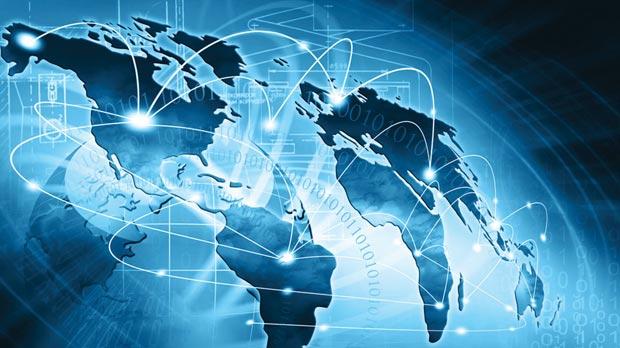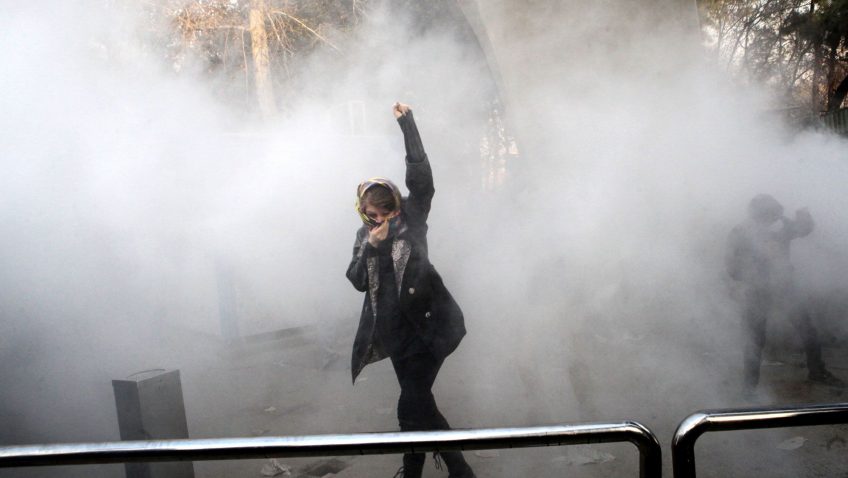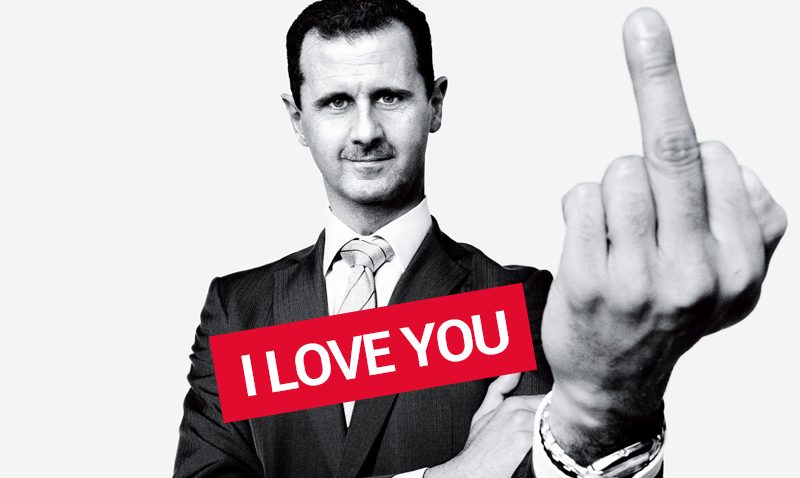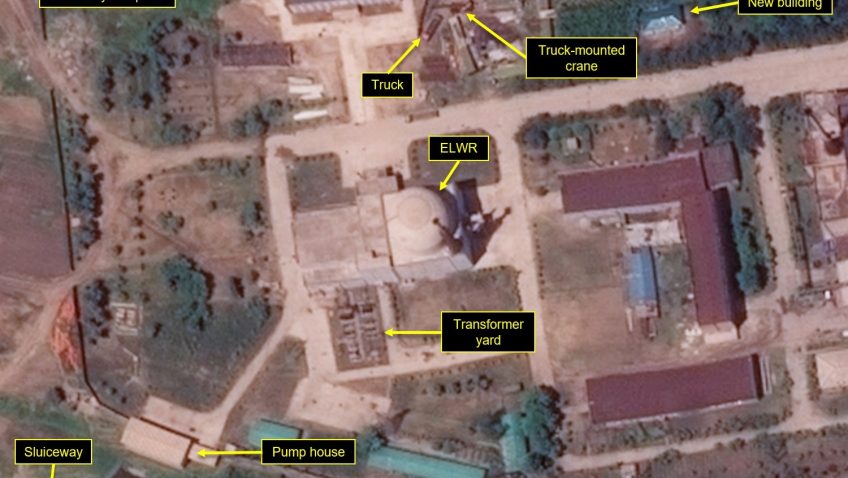Who are the most high tech countries in the World? You will be surprised! Those able to harness the power of information and communication technology are reaping ever more benefits. But in poor countries, digital poverty is holding back growth and development, leaving them further behind.
10/ Finland

Finland is highly famous for its high-tech projects and medical prowesses. The Nordic country created Nokia, which was a world leader in mobile communications for dozens of years. The Scandinavian leader is now focusing on biosciences, energy and environmental science and has been offering thousands of scolarships to young scientists from all over the world.
9/ China
China has often been described as the next super power. The problem is that they are already a superpower. The nation has been able to perform breathtaking achievements and complete major developments in the field of technology in the last ten years. Gunpowder and compass were first used in China. The Chinese scientists are now focusing on robotics, semiconductors, high-speed trains, supercomputers, genetics and automobiles. Additionally they are also slowly but surely expanding theirspace exploration program.

8/ Canada
Canada has a highly developed technology sector. The Government of Canada strongly encourages sciences and research. The nation specializes in peaceful technologies such as biotechnoloy. Canada created the wireless interact machines, chip less credit and debit cards and the advanced supersonic twin-engined, Avro Arrow.
7/ United Kingdom
The United Kingdom was the World first modern industrial Nation. British Scientists permitted the discovery of hydrogen. Jet engine, locomotive engine, World Wide Web, electric motor, incandescent light bulb and commercial electrical telegraph were all invented in the British Territory. Recently the United Kingdom specialized in military technologies include the Unmanned Combat Air Vehicle, BAE Systems Taranis. These technologies produced spectacular results on the battlefield in Iraq.
6/ Russia
The Russians launched the first expeditions to the moon and were the first to explore Space. Apart from space technology in which it used to be the main leader before the Americans took the lead, Russia is an heavy producer and inventor of weapons technology and defense systems. It has one of the best high-tech defense system. It exports defense equipment to many nations in the world. Russia’s S300, S400, S500 and ICBM long range surface-to-air missile systems are very efficient than any other in the world. Recently Russia’s deployed it’s S300 in the Middle East in Syria and was able to deter the most powerful Air Force of the Region , Israel.

5/ Germany
Germany has since centuries been a highly high-tech nation. It is famous for its results in the field of engineering. German research scientists have contributed in fields like space travel and biotechnology. R&D efforts are an integral part of the German economy. Germany’s automotive technology is outstanding with big brands like Mercedes-Benz, Audi, BMW, Volkswagen and Porsche. Germany also took the lead recently in terms of Defense Industry by producing the Dolphin submarines sold to Israel.
4/ Israel
Around 35 percent of Israel’s exports are technology-related. Israel is one among the top five in space science. It is also known for its innovations in the defense industry such as Iron Dome. Israel developed the first unmanned aerial vehicle (UAV) with real-time surveillance. This amazing nation is among the few nations in the world that have modern electric car infrastructure. You will find a well-maintained network of recharging stations all over Israel. Its main achievement remaining without a doubt the legendary “Iron Dome”that blocked all missiles attacks from Gaza during the 2014′ conflict.
3/ South Korea
South Korea is the birthplace of technology companies like LG, Hyundai and Samsung. These brands are competing with global technology brands like Apple and Toyota. South Korean scientists have made significant contributions in fields like robotics. The average internet speed in South Korea is thrice that in the US.
2/ The United States
The advances in space technology have played a significant role in making the United States of America a global superpower. From the atomic bomb to landing Neil Armstrong on the Moon. Space exploration, pharmaceuticals, defense system and telecommunications have been United States’ main focus for many decades. This nation has the most powerful and technologically advanced military in the world. This nation has produced the world’s biggest technology companies like Google, Facebook, Apple, Intel, IBM and Microsoft. These technology behemoths have changed the way people live worldwide.
1/Japan
Japan is well-known for its scientific research. Research scientists of Japan have made immense contributions in various fields like automobiles, electronics, machinery, earthquake engineering, optics, industrial robotics, metals and semi-conductors. Japanese researchers have won many Nobel Prizes. Japan’s particularity lay down in the fact that they achieved results in every fields : from bio-technology to robotics.









